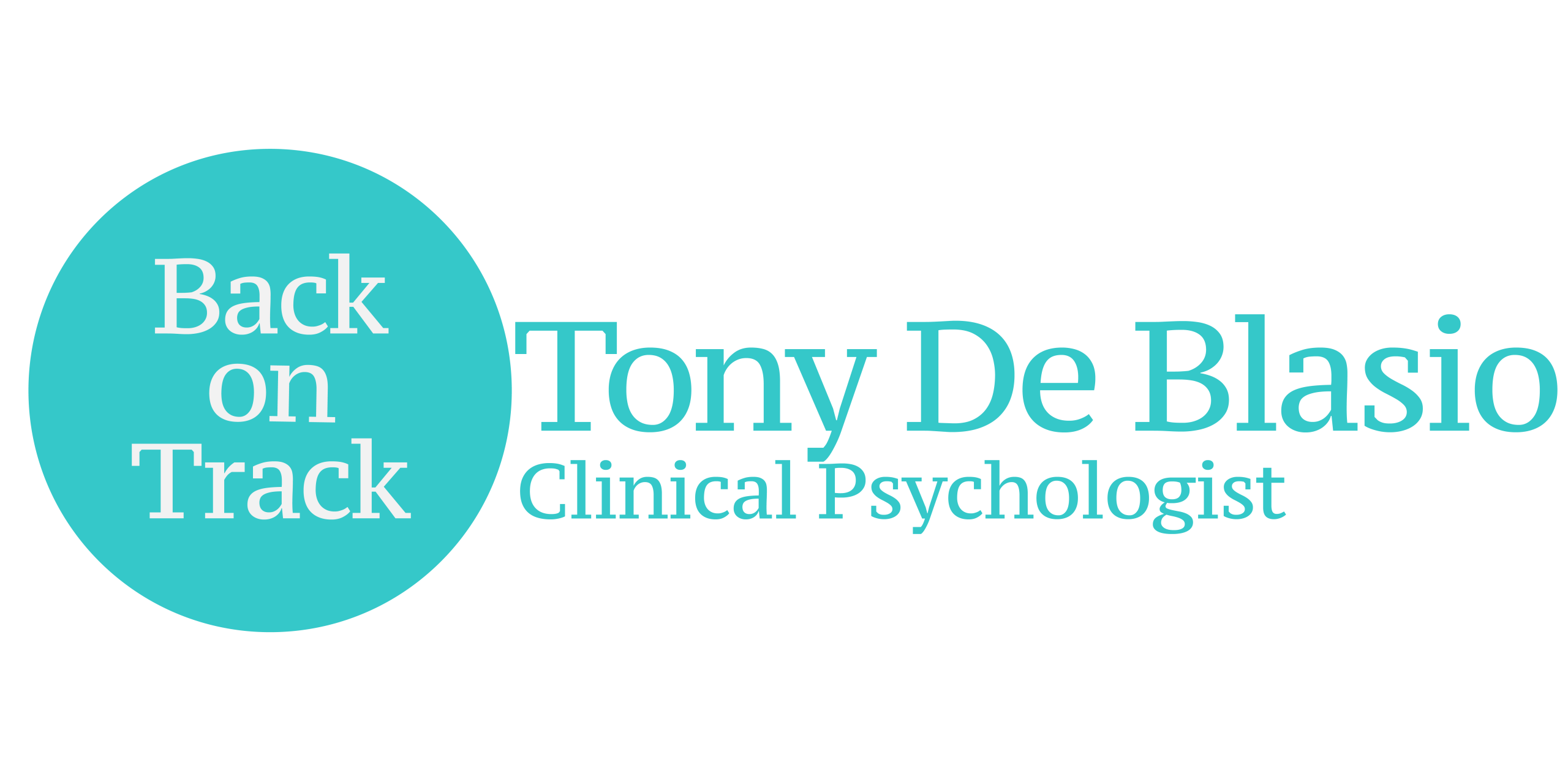Is a clinical psychologist right for me?
Clinical psychologists are mental health experts who have had at least six years of study at university and undertake on-going professional development.
Working with a clinical psychologist can be appropriate for all types of life challenges. Such challenges may include relationships, divorce, work difficulties, transitions along the different stages of life, anxiety, depression, grief, stress, body image issues, family life, bullying, anger, phobias, chronic conditions and trauma.
The work may be short or long term. This depends on the nature of your difficulties and your response to the therapy.
Psychological input is the right decision if you want to change in order to have long-lasting benefits.
How can a psychologist help me?
I can help you in a number of ways. These include:
- providing a different perspective on a challenge you are facing.
- suggesting plans of action and solutions you have may not have thought of during times when you feel “stuck”. This is beneficial if you think that you have “no choice” but to just keep on doing what you are doing.
- helping you develop problem-solving skills.
- showing you strategies to cope with stress, anxiety, sleeplessness or depression.
- helping you to understand the thought processes which have not been beneficial for you.
- demonstrating how your thoughts are associated with your emotions.
- helping you to identify unhelpful long-held beliefs and how to develop more positive and productive alternatives.
- assisting you to improve your communication and listening skills.
What happens in a psychological consultation?
This depends very much on the individual, the nature of the symptoms and severity of any conditions.
An initial consultation usually focuses on what is going on in your life, including any changes at work or home. I ask a series of questions to help to identify the main concerns. I then discuss what treatment approaches may best suit your needs.
Each consultation lasts around fifty minutes. Your needs and preferences determine the frequency of consultations.
Where does medication fit in?
It is important to work closely with your GP to work out what is most suitable in your circumstances. While a combination of medication and psychological therapy can be highly appropriate at certain times and for some conditions, it is well accepted that medication alone cannot “solve” mental and emotional problems in the long term. Rather than just treating the symptoms, clinical psychologists approach mental health issues differently. I explore and tackle the causes of your distress and any unhelpful behaviour or thoughts, enabling you to develop sustainable strategies for relapse prevention. This will improve your confidence and self-control as well as improving your sense of wellbeing.
